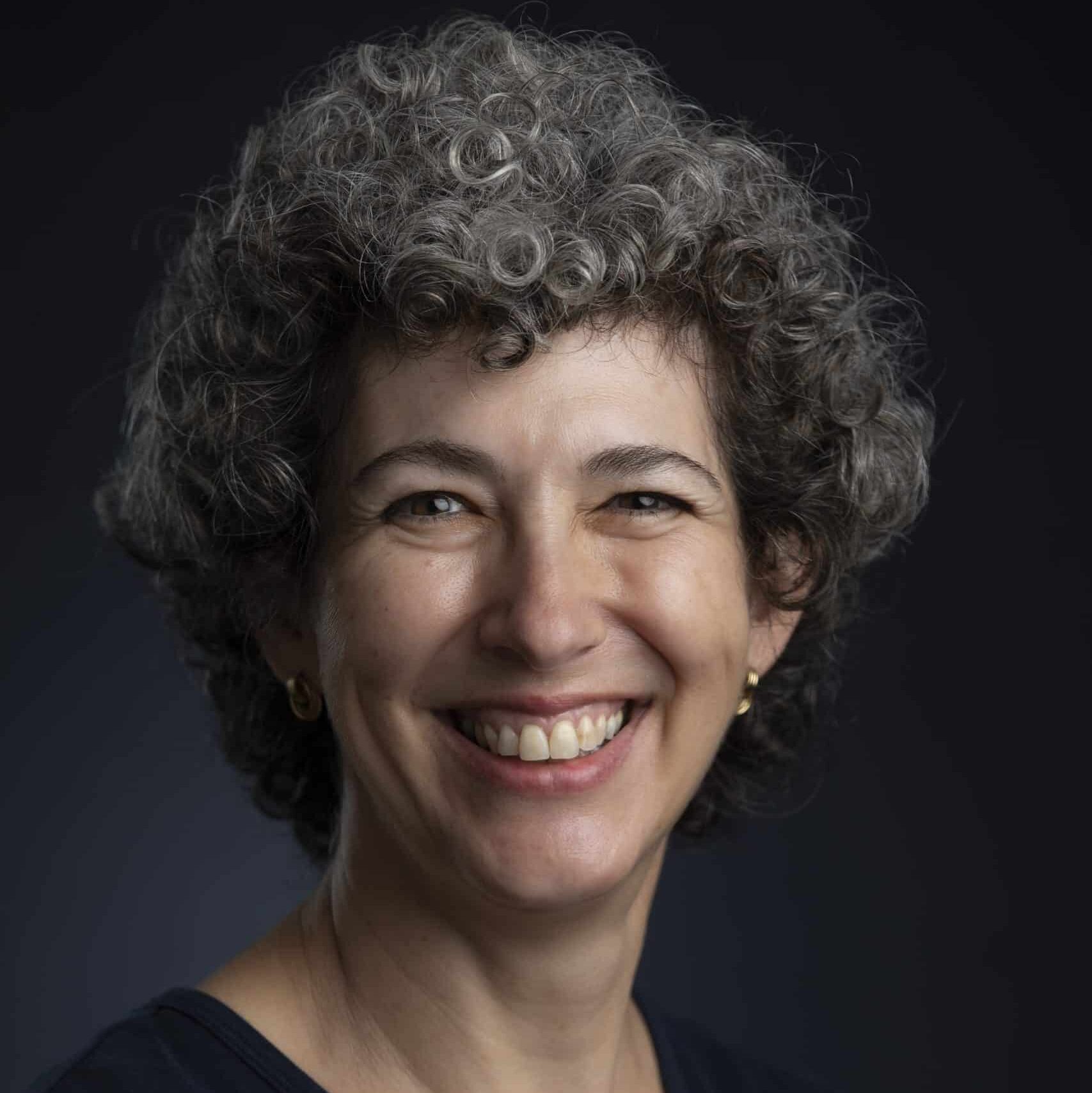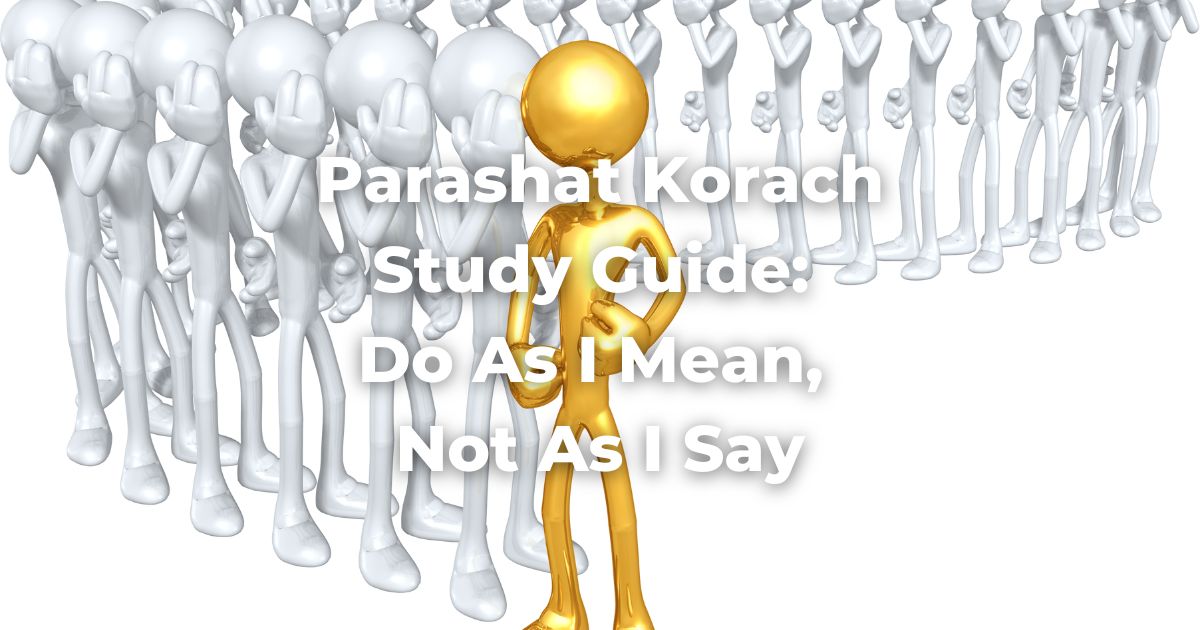Text: Bereshit 39:7-20
7 And it came to pass after these things that his master’s wife raised her eyes towards Joseph, and she said, “Lie with me.” 8 But he refused… 11 And it happened about this time, when Joseph went into the house to do his work, and none of the men of the house was inside, 12 that she caught him by his garment, saying, “Lie with me.” But he left his garment in her hand and fled and ran outside. 13 And so it was, when she saw that he had left his garment in her hand and fled outside, 14 that she called to the men of her house and spoke to them, saying, “See, he has brought in to us a Hebrew to mock us. He came to me to lie with me, and I cried out with a loud voice. 15 And so it was, when he heard that I lifted my voice and cried out, that he left his garment with me, and fled and went outside.” 16 And she kept his garment with her until his master came home. 17 Then she spoke to him with words like these, saying, “The Hebrew servant whom you brought to us came to me to mock me; 18 so it was, as I lifted my voice and cried out, that he left his garment with me and fled outside.” 19 So it was, when his master heard the words which his wife spoke to him, saying, “Your servant did to me after this manner,” that his anger was aroused. 20 Then Joseph’s master took him and put him into the prison, a place where the king’s prisoners were confined. And he was there in the prison.
- Compare the way Potiphar’s (Joseph’s master) wife presents the event that presumably happened to the household staff and the way she presents it to her husband. Focus on the differences: What does she call Joseph each time? Which telling is more dramatic? Where does she position herself in each story in relation to the audience? How do these differences cater to the different audiences?
- Why do you think that she told the household staff about what happened, and why before telling Potiphar?
- Who is implicitly responsible for Joseph’s existence in the household, according to Potiphar’s wife?
- What does Joseph’s master do with him following this? What did you expect him to do?
- Who is Joseph’s master angry with? Why?
Commentary: Sforno on Bereshit 39:19
His anger was aroused—…for indeed his anger was not aroused by Joseph for this, for he believed Joseph more, but he placed him in prison to show that he believed her for her honor.
- How do Potiphar’s actions (or inaction) at the end of the story support Seforno’s comment?
See more: Parashat Vayeshev
Originally posted as part of the Conservative Yeshiva at the Fuchsberg Jerusalem Center’s Torah Sparks. Support Torah learning from the Fuchsberg Jerusalem Center/Conservative Yeshiva for leaders and seekers around the world here.
Authors
-

Vered Hollander-Goldfarb teaches Tanach and Medieval Commentators at the Conservative Yeshiva and is a regular contributor to Torah Sparks, FJC’s weekly message on the weekly Torah portion. She received her M.A. in Judaic Studies and Tanach from the Bernard Revel Graduate School of Yeshiva University and studied at Bar-Ilan University and the Jewish Theological Seminary. Before making aliyah, Vered taught at Ramaz School and Stern College in New York.
-



The Fuchsberg Jerusalem Center (FJC) is a home in the heart of Jerusalem where leaders and seekers can find an authentic place in Jewish tradition to call their own. FJC offers opportunities to study, pray and explore within an egalitarian and inclusive setting, creating multiple pathways for finding personal and communal meaning.




